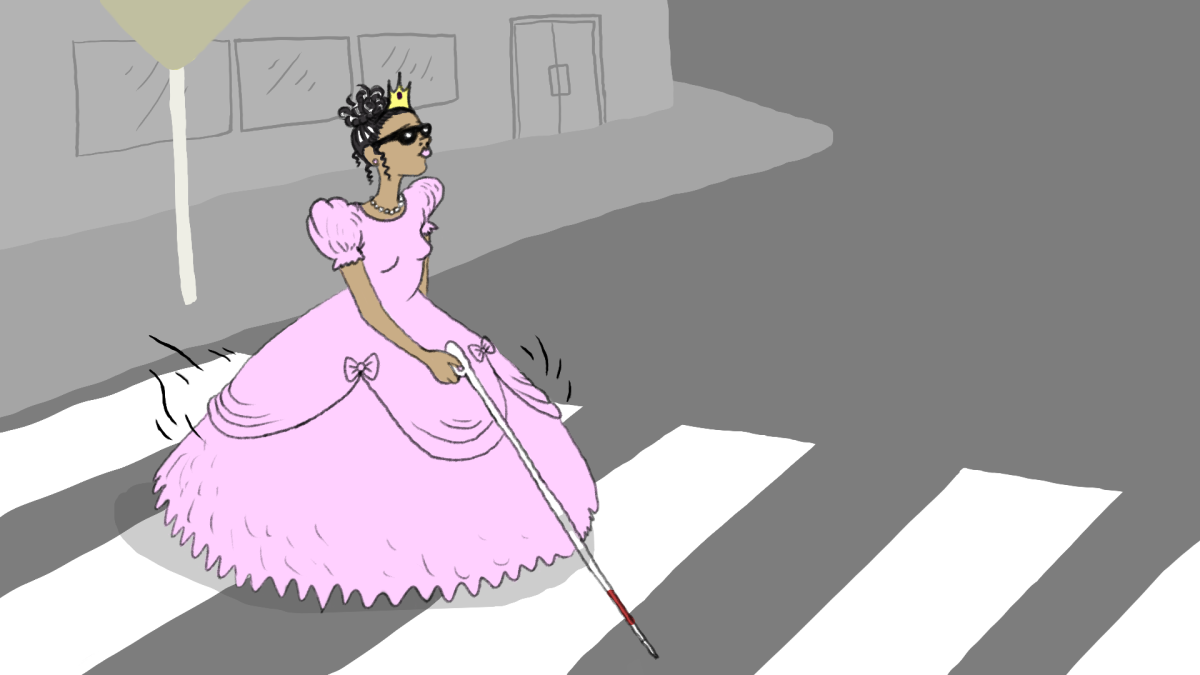As the poll results for the U.K.’s European Union Remain/Leave referendum began to appear on CNN, lyrics from “Hamilton” echoed in my head. “The world turned upside down. The world turned upside down.” The consequences of the historic vote to exit the EU will shift the international economic landscape in the immediate future and long-term, with little indication of what these effects may be. We are truly witnessing one of the defining moments of our generation.
The results were shocking. Polls and pundits alike expected the vote to go in favor of remaining in the Union by a considerable amount, with some polls ranging as high as an 8-point victory. The political polls that citizens constantly rely on were wrong. The right-wing populists were able to beat the odds and experts, which is why I am increasingly concerned about the United States’ presidential election.
We’ve heard it for the past month. Polls and pundits agree that Hillary Clinton will beat Donald Trump by a considerable margin. We claim that Trump is the best scenario for Clinton and that there is no way that the reality TV star can win in a general election. I’m one of those people, and I’ve been pushing those claims for months, even if they aren’t backed by any type of factual evidence.
After the results of the EU referendum, I’m no longer convinced. If the populists were able to beat the polls in Britain, then the populists can beat the polls here in the United States. Brexit increasingly appears to be a harbinger of events to come.
The parallels between the two elections are uncanny. The referendum campaign, commonly known as “Brexit,” encompassed populist anger, a rising sense of nationalism, angst toward political elites and a rising sense of the ordinary voter seeking to take their country back. Trump’s campaign is built around the exact same premise. A broad segment of the U.S. population feels as if the government no longer works for them and that major change is necessary in order for the country to finally be on the path that they desire.
Many Americans are aggravated with trade deals, immigration policy and the government as a whole. British right-wingers disdained the immigration policies mandated by the EU. Meanwhile the immigration policies in the U.S. have become the central platform goal of the Republican Party presidential ticket. In both cases, racism has catalyzed these sentiments. Both have a catalyst in racist sentiments and both have manifested fears among minorities living in the countries.
Right-wing populism is growing all across Europe, and the past year’s migrant influx has caused polarized opinions to form in minds and mouths of politicians. The terror attacks in Paris and Brussels only added kerosene to the fire, and anti-Islamic sentiments are prominent. While certainly some in the U.S. disdain Islam, those in Europe with similar views are arguably much more vocal. Globalism in the 21st century is being undermined by those who shield racist motives with cries of independence and angst toward policies that favor the people who they opposed.
The same waves are felt in U.S. politics. The presidential candidate for a major political party has built his platform on cries for independence from the current regime, but it seems to be more of a puppet for the xenophobic sentiments that exist within his heart and his electorate. It’s time that we stop pretending that this candidate cannot win, because the results of the Brexit referendum have proved that right-wing populism has taken hold.
We must ignore polls that show Clinton winning in large numbers for the time. For those opposed to the prospect of a Trump regime, there needs to be a continual effort to undermine him and his beliefs, all the way until the day that polls close in November and potentially past that depending on the outcome. Brexit has shown that a Trump presidency is not inevitable, but rather that the possibility of it coming into fruition isn’t something that can be predicted by statistics and overly complex equations. An electorate is angry, and anger cannot be measured numerically.








